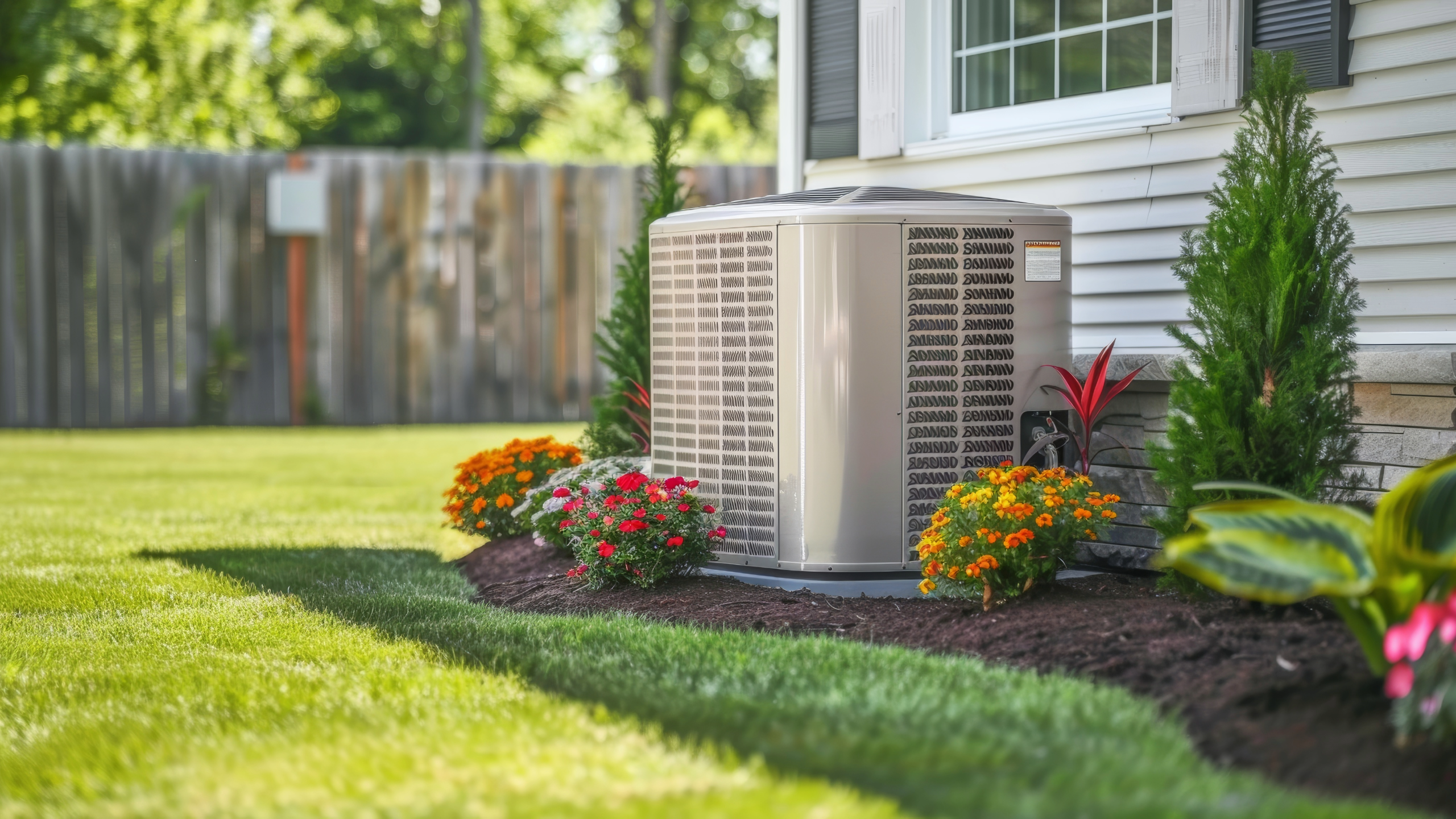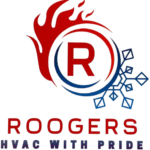Is your AC struggling with the Denver heat?
Summer in Denver can be a beautiful time of year—clear skies, mountain views, and long sunny days. But when the temperature spikes and your air conditioner seems to be falling behind, it’s more than just frustrating—it can leave you and your family sweltering. So why does your A/C struggle in Denver’s unique climate? Let’s break it down and offer a few tips to help your system keep up.
Call the experts at Roogers HVAC in Denver, CO.
1. The Mile High Factor: Thin Air, Thick Problems
At 5,280 feet above sea level, Denver’s thin air affects more than just your lungs—it impacts your HVAC system too. At higher altitudes, the air is less dense, which can reduce your air conditioner’s cooling capacity. Your system has to work harder to transfer heat, especially on extremely hot days. If your A/C unit was originally sized for a different climate or wasn’t properly calibrated for Denver’s elevation, it may not be running as efficiently as it should.
2. Rapid Weather Shifts Are Tough on Equipment
One of the quirks of Colorado weather is how fast it can change. It’s not uncommon for Denver to swing from 60°F in the morning to 90°F in the afternoon. These rapid shifts force your HVAC system to constantly adjust, which puts extra wear and tear on components like the compressor, capacitor, and thermostat sensors. This can lead to breakdowns—or at least poor performance—during peak heat.
3. Dry Air = Faster Cooling Loss
Denver’s dry climate might feel more comfortable than sticky humidity, but it poses a different challenge for your A/C. Dry air doesn’t retain coolness as well as moist air, which means your home can heat up quickly once the system shuts off. If your home isn’t properly sealed or insulated, that cool air escapes even faster, causing your A/C to cycle more frequently and wear down over time.
4. Dirty Coils or Filters Are Common Culprits
Dust and pollen are no strangers to the Front Range, especially in spring and early summer. If your air filter or condenser coils are clogged, your system will struggle to “breathe,” reducing airflow and cooling capacity. This is one of the most common reasons homeowners notice a decline in performance when the temperatures rise.
5. It Might Be Time for a Tune-Up—or an Upgrade
If your A/C is more than 10 years old or hasn’t had regular maintenance, it may simply be showing its age. Older units weren’t designed for modern efficiency standards, especially in cities like Denver where high altitude and climate extremes make HVAC systems work overtime. A professional tune-up can help, but in some cases, upgrading to a newer, high-efficiency model designed for altitude might be the better investment.
What You Can Do:
-
Schedule a seasonal tune-up to clean coils, check refrigerant levels, and optimize performance.
-
Change your filters regularly (every 1–3 months depending on use and air quality).
-
Seal leaks and insulate your home to help retain cool air.
-
Consider a programmable thermostat to prevent overworking your system.
-
Talk to an HVAC expert about whether your system is properly sized for your home and altitude.
Need Help Staying Cool in Denver?
At Roogers HVAC, we understand the unique challenges of cooling homes in the Mile High City. Whether you need a quick tune-up, an energy-efficient upgrade, or a full system replacement, our local experts are here to help. Contact us today to schedule your A/C check and beat the heat—before it beats your system.


